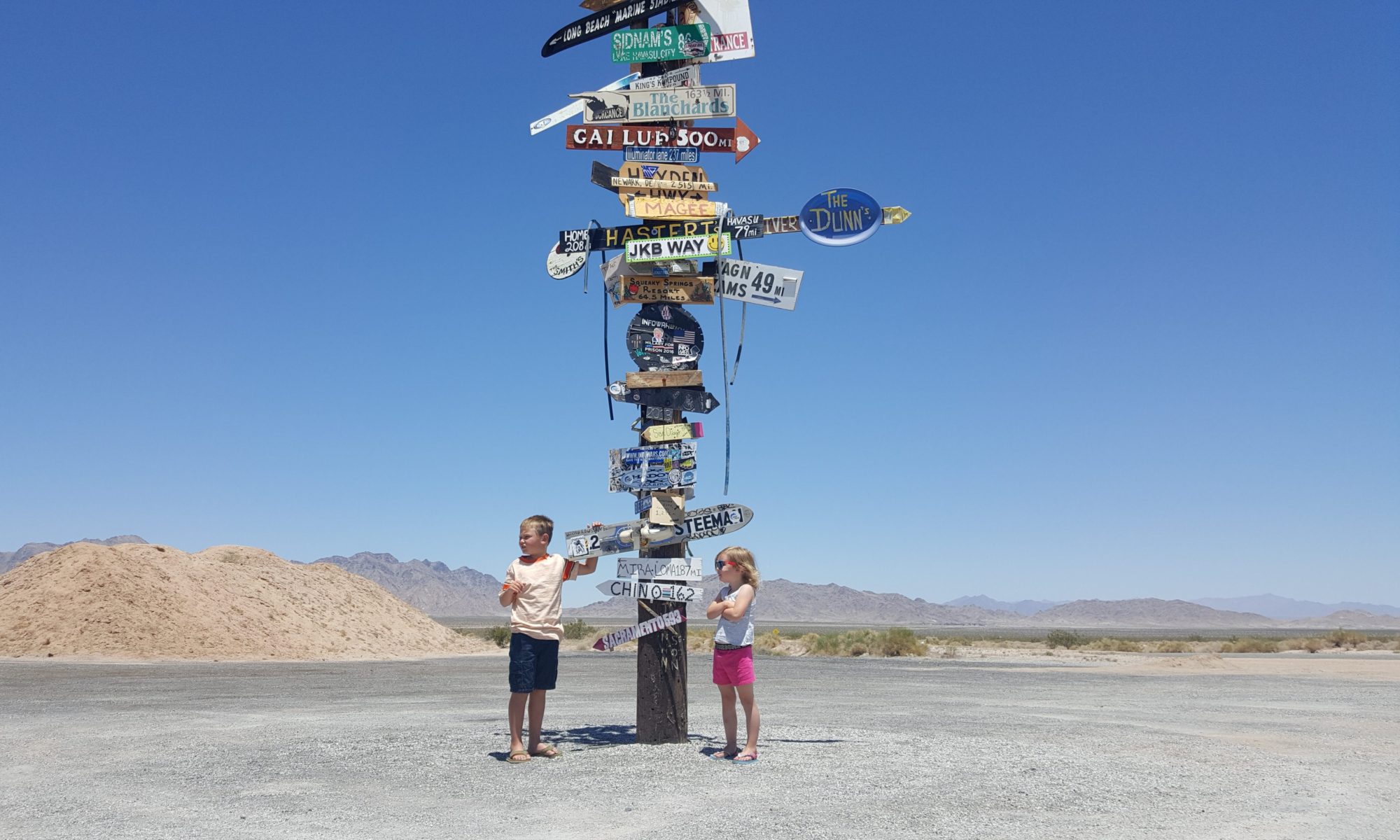Asaph gives an example of how to pray when things are going the wrong way and we don’t understand why. First, he identified the people he was praying for; they were the tribes of Ephraim, Manasseh, and Benjamin. Evidently he was a member of one of these tribes because he identified himself with the word “us” throughout this psalm. Our prayers should be specific; sometimes we need to pray for individuals and their specific needs, at other times we need to pray for groups of people whether churches, other organizations or nations, and finally there are occasions where we need to pray for everyone.
The problem is we don’t know how to pray like we want to. As human beings we feel very inadequate approaching the throne of God; God is so holy, and we are sinners saved by grace but still sinners. We don’t feel like we know how to talk with God so sometimes we utter prayers we have memorized because we feel safe with them. We are like children who pray the “now I lay me down to sleep” prayer. Paul wrote to the church at Ephesus because they were having the same problem we have. He wrote, “Because of Christ and our faith in Him, we can now come boldly and confidently into God’s presence”. That is our problem isn’t it; we don’t feel that boldness and confidence, but God wants us too just like our small children felt in coming to us when they needed or wanted something. So we must learn to come to God with that boldness and confidence.
How can we begin our prayers with confidence? Again, Psalm 50 tells us that God wants our praise most of all. Asaph began his prayer with praise. “Please listen, O Shepherd of Israel, You who lead Joseph’s descendants like a flock. O God, enthroned above the cherubim, display Your radiant glory to Ephraim, Benjamin, and Manasseh. Show us Your mighty power. Come to rescue us!”
Then, we should remind ourselves and God of why we can come boldly and confidently as Asaph did. He wrote, “You brought us from Egypt like a grapevine; you drove away the pagan nations and transplanted us in Your land. You cleared the ground for us, and we took root and filled the land”. Could we not continue our prayers with words like, “You have redeemed us by the power of the blood of Your son, Jesus Christ; You have said we are to come boldly into Your presence; You have said You chose us “to become like Your Son, so that Your Son would be the firstborn among many brothers and sisters”.
Finally, we should present our petition as Asaph did. Asaph said, “turn us again to Yourself, O God. Make Your face shine down upon us. Only then will we be saved. . .turn us again to Yourself, O God of Heaven’s Armies. . .strengthen the man (people) You love, and the man (people) of Your choice. Then we will never abandon You again. Revive us so we can call on Your name once more. Turn us again to Yourself, O Lord of Heaven’s Armies. Make Your face shine down upon us. Only then will we be saved.” This is a bold petition from Asaph; he is bold enough to say “we will never abandon You again.
In the New Testament, Jesus told us He would answer our prayers if we will ask for it in His name, and James tells us in his letter we are to ask for the right reason, and that is God’s will. Peter, in his second letter, tells us what one of the things in God’s will, “He does not want anyone to be destroyed, but wants everyone to repent”. God also wants to bless us so He places dreams and desires in us to claim for His glory. This is not a “name it and claim it” type of request for our benefit, but a sincere desire to glorify God. Some people refer to it as praying God’s word.
